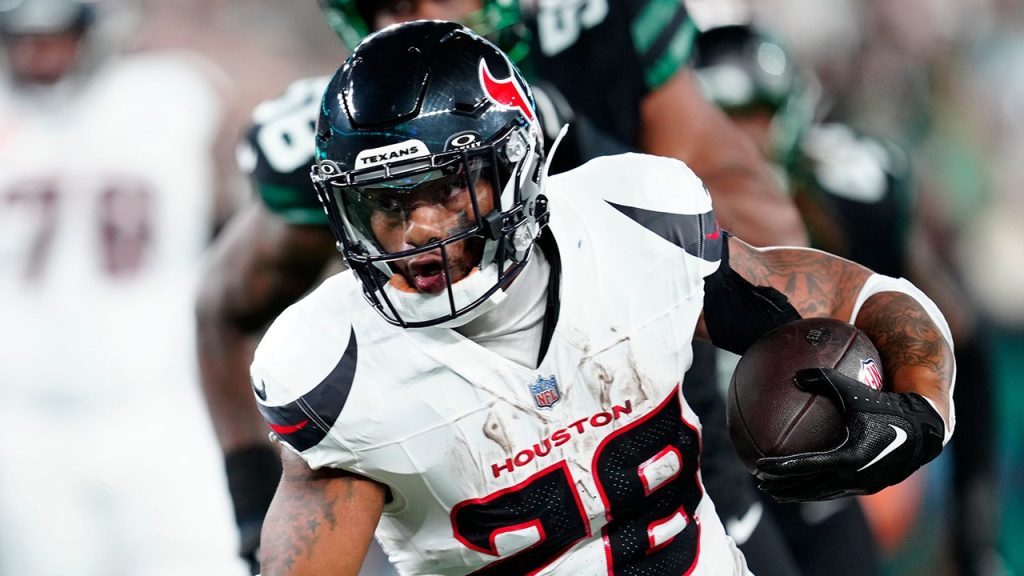The NFL’s handling of a fine levied against Houston Texans running back Joe Mixon for criticizing game officials became a convoluted affair, highlighting the league’s sensitivity towards public commentary on officiating and the potential for miscommunication in the social media age. The incident began with the NFL mistakenly attributing a social media post by former player T.J. Houshmandzadeh to Mixon. Houshmandzadeh’s post, which criticized the officiating in the Texans’ playoff loss to the Kansas City Chiefs, contained strong language, calling the officials “trash and bias.” The NFL, acting on this misinformation, initially fined Mixon for these comments.
Mixon and his agent immediately challenged the fine, publicly denying that Mixon had made the statements. This prompted the NFL to review the situation and subsequently reissue the fine, citing different comments made by Mixon. While less inflammatory than Houshmandzadeh’s post, Mixon’s actual words still expressed frustration with the officiating, stating, “Everybody knows how it is playing up here. You can never leave it in the refs’ hands. The whole world see, man.” The NFL’s justification for the fine remained consistent: public criticism of officiating undermines the integrity of the game and erodes public confidence.
This incident underscores the NFL’s stringent policy regarding public criticism of officials. The league argues that such commentary, especially from players and coaches, can create the perception of bias and influence public opinion, ultimately damaging the perceived fairness and legitimacy of the game. While players are often frustrated with calls on the field, the NFL maintains that internal channels exist for addressing these concerns, and public airing of grievances is detrimental to the league’s image.
The controversy surrounding the officiating in the Texans-Chiefs game stemmed primarily from two roughing the passer penalties called against Houston. The first penalty, called against Will Anderson Jr., occurred after an incomplete pass and involved contact with Patrick Mahomes’ chest. The second penalty was called during a Mahomes scramble, where he ultimately slid to avoid contact. While defenders were closing in, the contact appeared minimal to many observers. These calls sparked significant debate among players, coaches, media, and fans, with many questioning the consistency and fairness of the officiating.
Following the game, head referee Clay Martin attempted to clarify the calls to a pool reporter, explaining that one penalty was for forcible contact to the “face mask area” (later clarified as the “hairline”) and the other for unnecessary roughness. Mahomes himself defended the officials, stating that they were doing their best to call the game fairly and that he focused on playing the game rather than questioning the calls. Travis Kelce, when asked about the officiating on his podcast with his brother, Jason Kelce, jokingly invoked his Fifth Amendment right to remain silent, further illustrating the sensitive nature of the topic.
The Mixon fine and the broader debate about the officiating in the Texans-Chiefs game illustrate the ongoing tension between players’ frustration with in-game calls and the NFL’s desire to maintain the perceived integrity of its officiating. The league’s strict policy on public criticism, while intended to protect the image of the game, can sometimes lead to situations where players feel unfairly penalized for expressing their opinions. The rapid dissemination of information and opinions on social media further complicates these matters, as demonstrated by the initial misattribution of Houshmandzadeh’s post to Mixon. The incident serves as a reminder of the power and pitfalls of social media in the world of professional sports and the challenges leagues face in regulating communication in the digital age.

